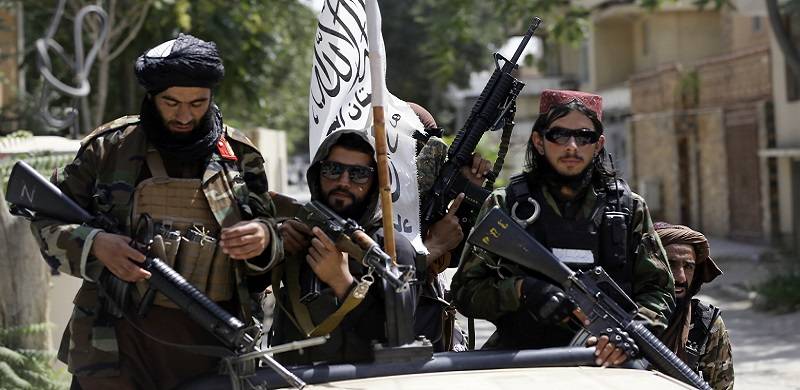
Experts have said that the Pakistani government must deal with the banned militant outfit Tehreek-e-Taliban Pakistan (TTP) from a 'position of strength', making sure that the Constitution is not violated during the process.
Think tank Tabadlab made this statement in a policy note titled 'Pakistan, the TTP, and the Impetus for Internal and External Peace'. The report was authored by Mariam Mirza and Zeeshan Salahuddin, and it examines the ongoing negotiation process, identifies the key stakeholders, as well as the most workable path forward for the government of Pakistan.
The report mentioned some of the demands being put forward by the TTP. The demands include the controversial reversal of the merger of erstwhile FATA with Khyber Pakhtunkhwa as per the 25th Constitution Amendment, removal of all military presence from the area and the enforcement of Shariah law in the Malakand division.
The TTP also asked for the release of 102 commanders and fighters and presidential pardon to two key militant commanders; and the disbandment of the TTP as a terrorist organization.
The authors of the policy note have said that the demands put forth by the TTP are not manageable because they would involve the transfer of Constitutional power to the TTP.
Meanwhile, that Pakistani government's demands include the complete disbandment of the TTP, disengagement from other militant groups and a rejection of violent activity as the group rejoins civil society as a legitimate political entity.
The authors believed that success can only be achieved once the TTP agrees to disband their organization, which the authors believe is all the more reason to establish that the government's demands are non-negotiable.
The report also suggested that Pakistan should capitalise on internal pressures within the TTP for repatriation and remuneration of families currently displaced to Afghanistan.
Think tank Tabadlab made this statement in a policy note titled 'Pakistan, the TTP, and the Impetus for Internal and External Peace'. The report was authored by Mariam Mirza and Zeeshan Salahuddin, and it examines the ongoing negotiation process, identifies the key stakeholders, as well as the most workable path forward for the government of Pakistan.
The report mentioned some of the demands being put forward by the TTP. The demands include the controversial reversal of the merger of erstwhile FATA with Khyber Pakhtunkhwa as per the 25th Constitution Amendment, removal of all military presence from the area and the enforcement of Shariah law in the Malakand division.
The TTP also asked for the release of 102 commanders and fighters and presidential pardon to two key militant commanders; and the disbandment of the TTP as a terrorist organization.
The authors of the policy note have said that the demands put forth by the TTP are not manageable because they would involve the transfer of Constitutional power to the TTP.
Meanwhile, that Pakistani government's demands include the complete disbandment of the TTP, disengagement from other militant groups and a rejection of violent activity as the group rejoins civil society as a legitimate political entity.
The authors believed that success can only be achieved once the TTP agrees to disband their organization, which the authors believe is all the more reason to establish that the government's demands are non-negotiable.
The report also suggested that Pakistan should capitalise on internal pressures within the TTP for repatriation and remuneration of families currently displaced to Afghanistan.

